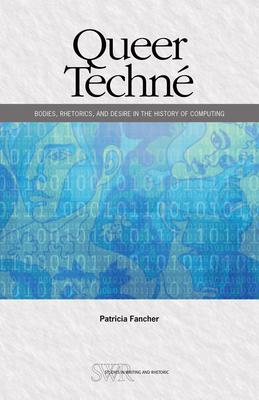Queer Techn offers an intimate portrait of the practices, embodied knowledge, desires, and friendships that animate the technical innovation of early digital computing. This book explores archival materials from the Manchester University National Archive for the History of Computing, the site of some of the earliest digital computers and the first commercial computer. The book first analyzes in depth the technical and scientific writing of Alan Turing, who is often credited as an early inventor of computers. Then, recognizing that no inventor works alone, the book places Turing's work in context, first in the network of queer friends who collaborated with Turing and then within a community of women whose labor forms the foundation of computing operations. As such, this project argues for the importance of embodied experiences, gender, and sexuality as central lenses for understanding technical communication as well as technical innovation.

Queer Techn: Bodies, Rhetorics, and Desire in the History of Computing
Queer Techn offers an intimate portrait of the practices, embodied knowledge, desires, and friendships that animate the technical innovation of early digital computing. This book explores archival materials from the Manchester University National Archive for the History of Computing, the site of some of the earliest digital computers and the first commercial computer. The book first analyzes in depth the technical and scientific writing of Alan Turing, who is often credited as an early inventor of computers. Then, recognizing that no inventor works alone, the book places Turing's work in context, first in the network of queer friends who collaborated with Turing and then within a community of women whose labor forms the foundation of computing operations. As such, this project argues for the importance of embodied experiences, gender, and sexuality as central lenses for understanding technical communication as well as technical innovation.